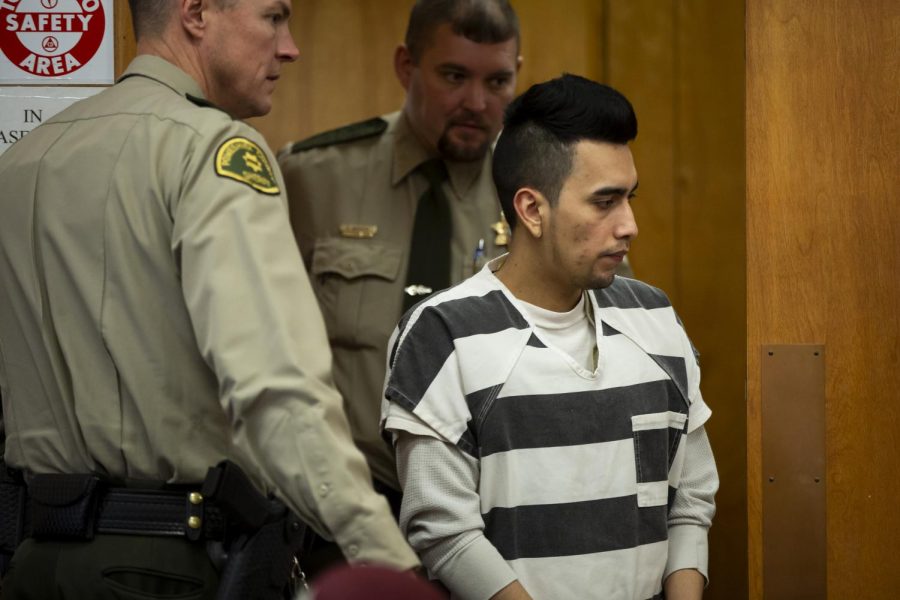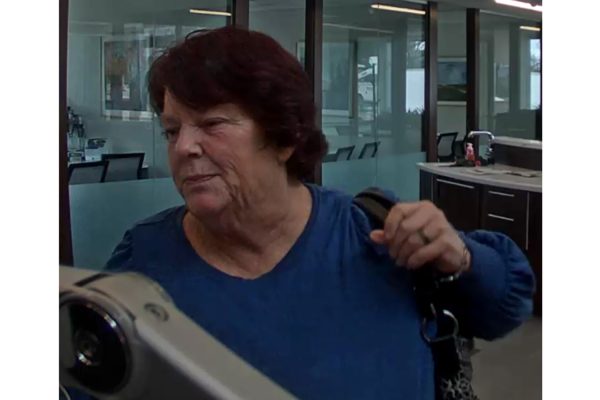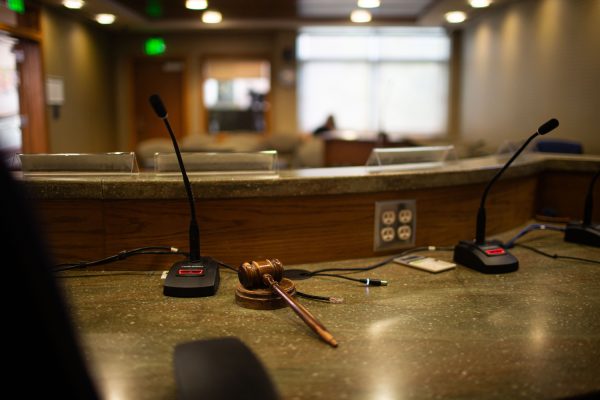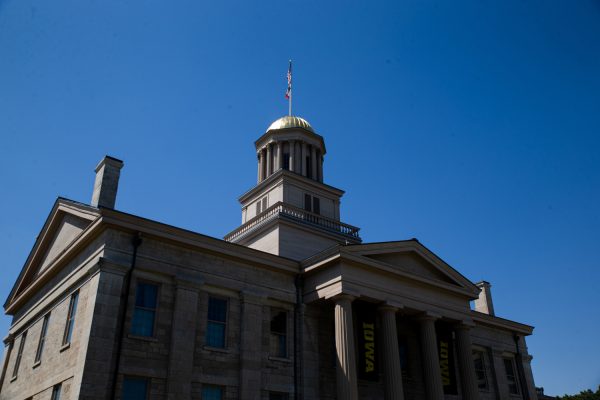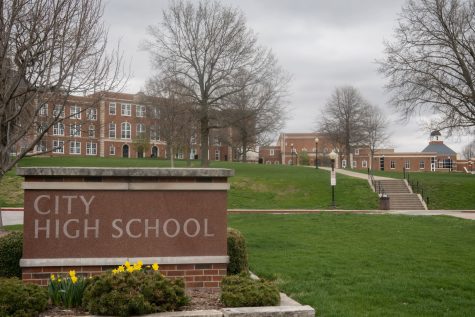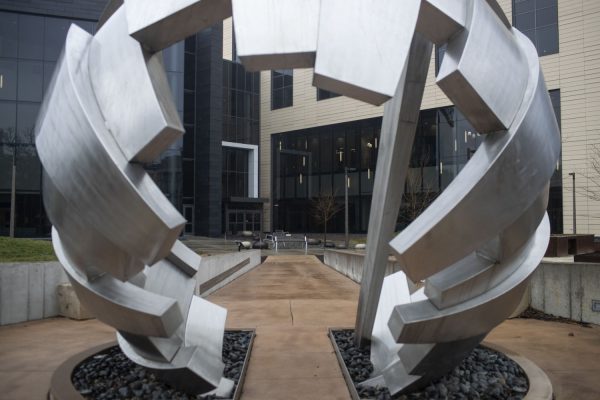After three years, trial of Cristhian Bahena Rivera, man accused of killing UI student Mollie Tibbetts, to begin May 17
Having been delayed multiple times, the trial is set to begin with a two-day jury selection on May 17. The trial is anticipated to take 10 days.
Cristhian Bahena Rivera appears for an evidence suppression hearing at the Poweshiek County Courthouse on Wednesday, Nov. 13, 2019 in Montezuma. Brian Powers/The Register
May 12, 2021
The entire nation reacted to the death of University of Iowa student Mollie Tibbetts in summer 2018. Three years later, the man charged with her murder will stand trial after the prosecution was delayed multiple times.
Mollie Tibbetts, 20, went missing on July 18, 2018. The search ended in August 2018 when Cristhian Bahena Rivera, 24, led authorities to her body. He is charged with first-degree murder and if convicted, would serve life in prison.
The original court date was set for Feb. 4, 2020 but was postponed until Sept. 29, 2020 after a request was made for the Iowa Supreme Court to review an appeal regarding an evidence-suppression hearing held in November 2019.
In July 2020, the date was postponed again until Jan. 25 of this year, with the parties citing COVID-19 as a reason to delay the proceedings. Jury trials didn’t resume until February.
The court date was delayed for a third time – again because of COVID-19 – in December 2020, pushing the trial’s date to May 17. The trial will be held in Davenport at the Scott County Courthouse.
The jury selection will take two days, and the trial is expected to take 10 days in total.
As previously reported by The Daily Iowan, Bahena Rivera was employed and resided in Poweshiek County for four to seven years. He was originally from El Guayabillo, Guerrero, Mexico.
Bahena Rivera told investigators he saw Tibbetts running on the evening of July 18, approached her, and started running with her. Tibbetts told him to leave her alone and threatened to call police if he didn’t.
Bahena Rivera told investigators he then blacked out, and said he does not remember anything until he came to an intersection in his car. He realized Tibbetts was in the trunk of his car, and he dragged her into the cornfield. Rivera then led investigators to where her body was. An autopsy found Tibbetts died of multiple sharp force wounds.
Ahead of the trial, both the defense and prosecution filed motions asking to bar certain evidence on May 4.
The defense requested four items to be prohibited during the trial. If approved, the state of Iowa would be prohibited from:
- Telling the jury about the defendant’s prior criminal convictions
- Allowing officers called as witnesses to give the opinion as to defendant Cristhian Bahena Rivera’s actions appearing “suspicious, strange, or incriminating”
- Telling the jury allegations against Bahena Rivera’s prior criminal convictions or “bad acts”
- Using any transcript of any interview played in court
The prosecution requested the court to:
- Not allow the defense to make statements or arguments to the jury related to the length of punishment
- Prevent the defense from referencing the administration of polygraph examinations
- Hold a pretrial for any witnesses called to testify concerning the statement of Bahena Rivera or any other statements being made on behalf of Bahena Rivera
- Prohibit the defense from using statement regarding comments made on Aug. 20 or 21, 2018
- Exclude photographs of Bahena Rivera at gathering with young children or his children
The court accepted both motions on May 6, ruling that the security level on the above restrictions will be as such that only the court, the clerk, and the parties have access.
The DI reached out to both the prosecution and defense attorneys. Defense attorney Jennifer Frese of Kaplan & Frese, LLP wrote in an email to the DI that they would not answer questions ahead of the trial. The prosecution did not respond.



